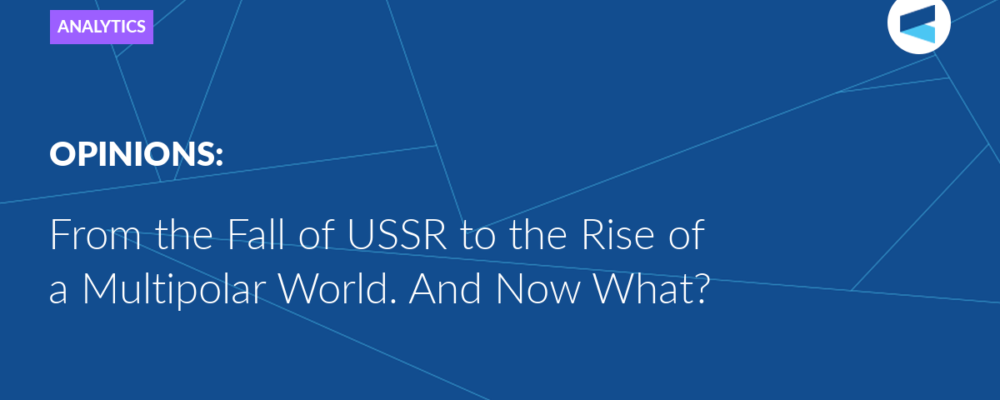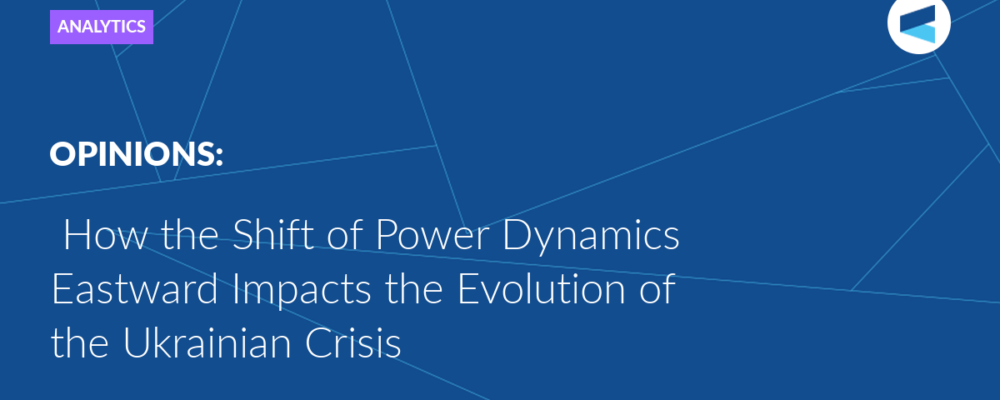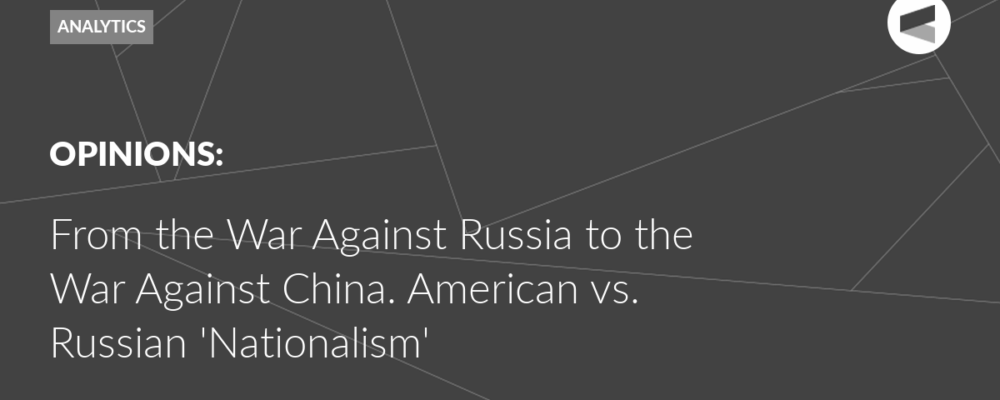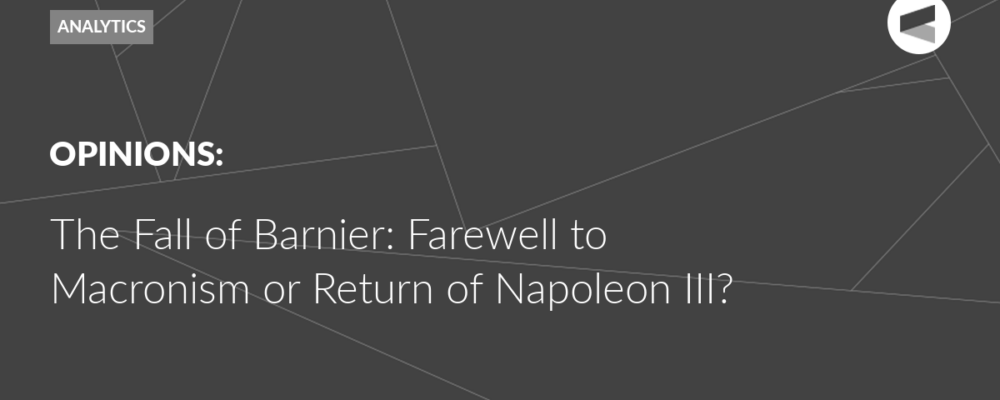The emergence, in 2022, of a large group of countries, which in the Russian foreign policy discourse is referred to as the “World Majority,” came as a most meaningful event in the modern-day international life.
The World Majority countries refused to be part of the economic and other sanctions imposed on Moscow by the West and have kept unchanged, or even expanded, trade and investment relations with Russia. This concept includes a varied group of countries from all continents (except Australia) that come in different sizes, which are not members of the same political associations and often conflict with each other. This group did not emerge exclusively in connection with Russia, but is rather a product of evolution of the international system. However, the Russia-West conflict catalysed its appearance as a formal concept.
The motives behind the World Majority countries’ conduct can only partially be accounted for by the logic of the earlier studies of international politics. In other words, the science of international relations lacks convincing tools that it could use to conduct an analysis of the motives driving such a heterogenous group of countries, which we have so far considered as an integral whole only in theory.
Nonetheless, the World Majority is something that really exists in global politics and the economy and has a bearing on the military and political crisis in relations between Russia and the Western countries and contains features that could shape the future international order. In any case, this sum total of countries has been united by an important aspect of their conduct with regard to the ongoing conflict of global consequence, which can seriously affect the positions of its key participants. Therefore, it can be regarded as a factor that is momentous for the historical process and the evolution of the international system rather than a random or isolated instance.
The key question for Russia is whether a single policy with regard to a vast group of countries, which are neither consolidated nor united by common principles, is possible at all. The answer to that question has a purely practical purpose and does not appear to have an outright positive or negative slant. We are at the earliest stages of getting a sense of what changing international reality may bring us.
About the Authors:
Timofei Bordachev – lead author and editor of the report, Denis Degterev, Victor Jeifets, Yevgeny Kanaev, Vasily Kashin, Alexander Korolev, Alexei Kupriyanov, Mayya Nikolskaya, Dmitry Rozental, Ivan Safranchuk, Nikolai Surkov, Dmitry Suslov
The Valdai Discussion Club was established in 2004. It is named after Lake Valdai, which is located close to Veliky Novgorod, where the Club’s first meeting took place.
Please visit the firm link to site






